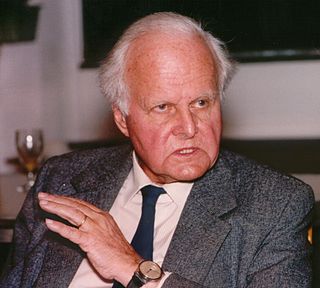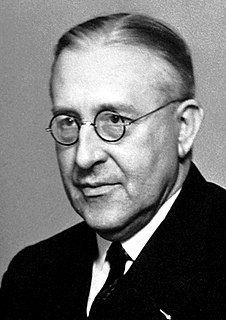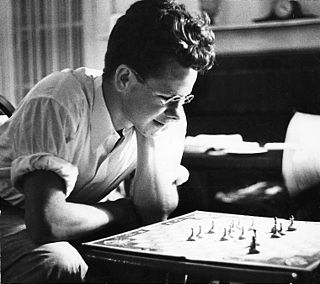A Quote by Chen-Ning Yang
The application of group theory to physics became one of the main branches of physics that I specialized in.
Quote Topics
Related Quotes
I studied physics at Princeton when I was a college student, and my initial intention was to major in it but to also be a writer. What I discovered, because it was a very high-powered physics program with its own fusion reactor, was that to keep up with my fellow students in that program I would need to dedicate myself to math and physics all the time and let writing go. And I couldn't let writing go, so I let physics go and became a science fan and a storyteller.
One of the most exciting things about dark energy is that it seems to live at the very nexus of two of our most successful theories of physics: quantum mechanics, which explains the physics of the small, and Einstein's Theory of General Relativity, which explains the physics of the large, including gravity.
It seems that every practitioner of physics has had to wonder at some point why mathematics and physics have come to be so closely entwined. Opinions vary on the answer. ..Bertrand Russell acknowledged..'Physics is mathematical not because we know so much about the physical world, but because we know so little.' ..Mathematics may be indispensable to physics, but it obviously does not constitute physics.
Philosophy used to be a field that had content, but then natural philosophy became physics, and physics has only continued to make inroads. Every time theres a leap in physics, it encroaches on these areas that philosophers have carefully sequestered away to themselves, and so then you have this natural resentment on the part of philosophers.
Philosophy used to be a field that had content, but then 'natural philosophy' became physics, and physics has only continued to make inroads. Every time there's a leap in physics, it encroaches on these areas that philosophers have carefully sequestered away to themselves, and so then you have this natural resentment on the part of philosophers.


































